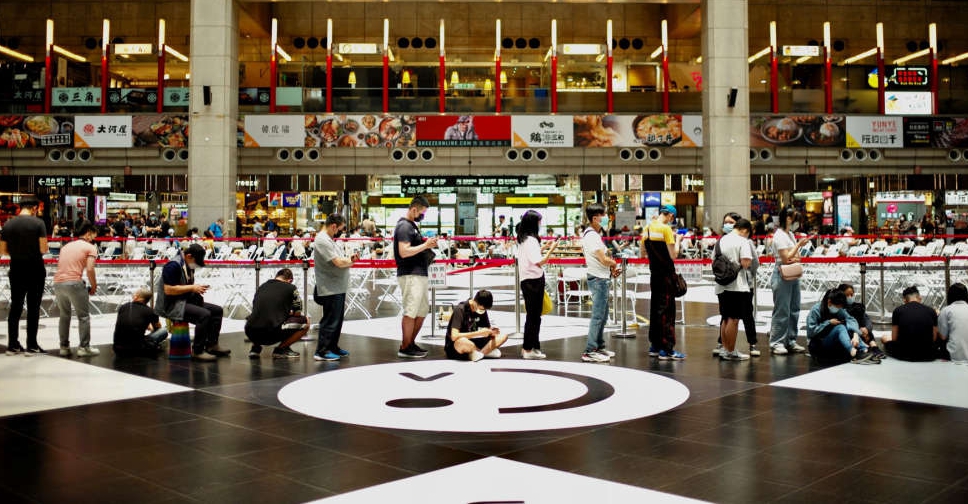
Taiwan said it would cut mandatory quarantine for all arrivals to three days from seven, its latest relaxation of the rules to try to live with COVID-19 and resume normal life even with a surge of infections.
Taiwan has kept its quarantine rules in place as large parts of Asia have relaxed or lifted them altogether. However, in May, it cut the number of days spent in isolation for arrivals to seven from 10 previously.
Taiwan has reported more than 2.7 million domestic cases since the beginning of the year, driven by the more infectious Omicron variant. But with more than 99 per cent of those exhibiting no or mild symptoms, the government has relaxed rather than tightened restrictions in what it calls the "new Taiwan model".
Taiwan's Central Epidemic Command Centre said the new, reduced quarantine rule would start from Wednesday.
After leaving quarantine, people will have to monitor their health for a further four days and avoid going out if possible, it added.
The centre said that the move was made "considering the international and domestic epidemic situation and epidemic prevention and medical capacity, and to promote economic and social activities and necessary international exchanges", the centre said.
All arrivals will still have to have pre-departure negative PCR tests.
The government says the current domestic COVID-19 wave is waning but has yet to fully re-open its borders.
Taiwanese citizens and foreign residents have never been prohibited from leaving and then re-entering, though have had to quarantine either at home or in hotels.
Before the pandemic, Taiwan was a popular tourist destination for mainly Asian visitors, with Japan, South Korea and Southeast Asia the most important markets.

 UK inquiry finds 'chilling' cover-up of infected blood scandal
UK inquiry finds 'chilling' cover-up of infected blood scandal
 Iranian President Raisi killed in helicopter accident, state media says
Iranian President Raisi killed in helicopter accident, state media says
 ICC prosecutor seeks arrest warrants for Israeli, Hamas leaders
ICC prosecutor seeks arrest warrants for Israeli, Hamas leaders
 Assange given permission to appeal against US extradition
Assange given permission to appeal against US extradition
 Israel intends to broaden Rafah sweep, Defence Minister tells US
Israel intends to broaden Rafah sweep, Defence Minister tells US




